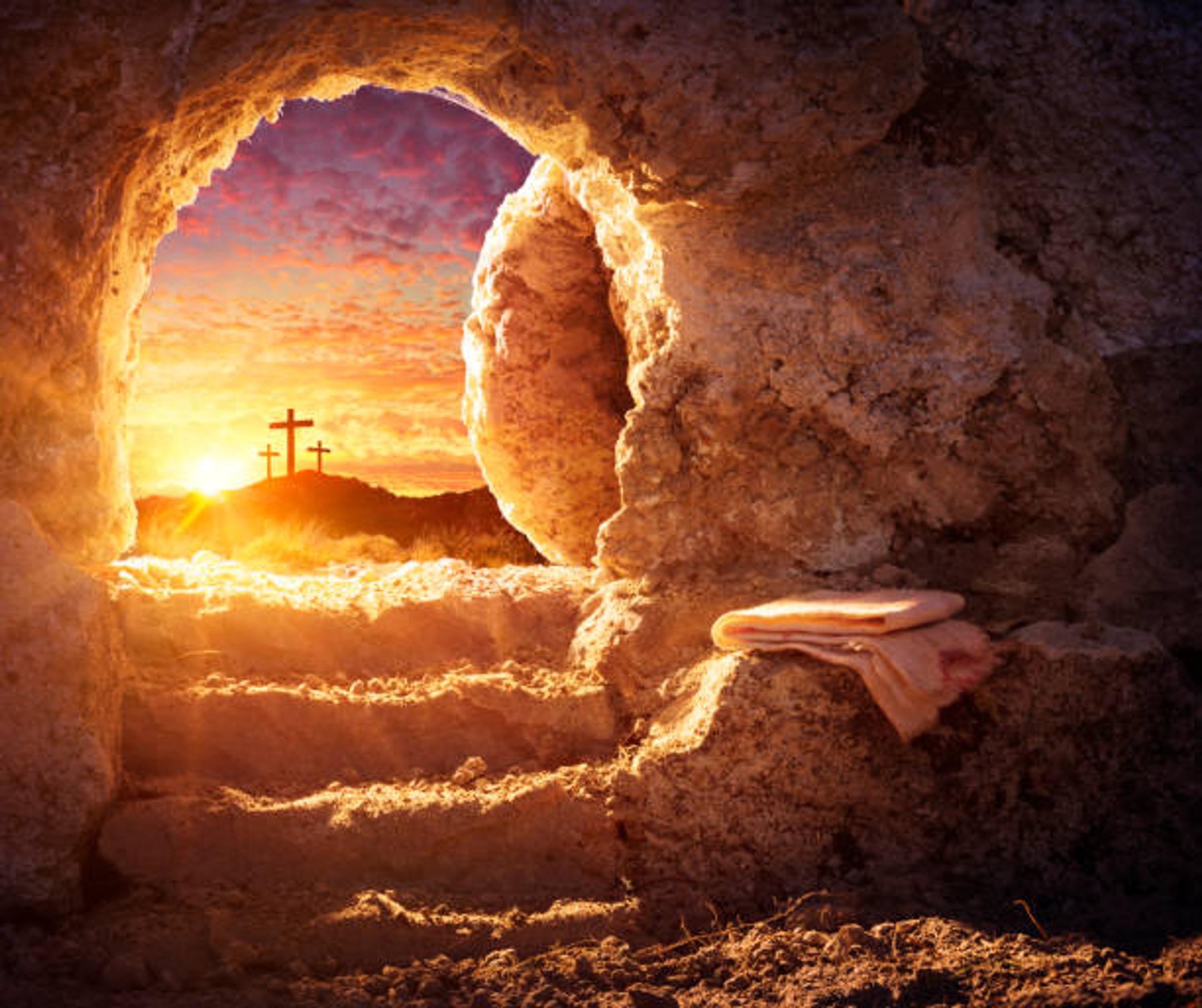Cultural Celebrations

What is Easter?
Easter is one of the central holidays, or Holy Days, of Christianity. It honours the Resurrection of Jesus Christ three days after his death by crucifixion at the hands of the Romans. For many Christian churches, Easter is the joyful conclusion to the Lenten Season of devoted prayer, fasting, and penitence.
In Latin and Greek, the Christian celebration was, and still is, called Pascha, a word derived from Aramaic (Paskha), in turn connected with a similar Hebrew word (Pesach). The word originally denoted the Jewish festival known in English as Passover, commemorating the Jewish Exodus from Ancient Egypt. The Last Supper took place, according to the New Testament, during Passover.
When Is Easter?
In 2024, Easter Sunday, the day Jesus Christ came back to life, is Sunday 31 March.
Easter is a yearly Christian celebration honouring the resurrection of Jesus Christ. It is traditionally observed on the first Sunday following the initial full moon after the vernal equinox (the spring equinox in the Southern Hemisphere). This means that the date of Easter changes from year to year, based on the cycle of the moon.
What is Christianity?
Christianity is an Abrahamic monotheistic (meaning a belief in one God, or one deity) religion based on the life and teachings of Jesus Christ. It is the world's largest and most widespread religion with roughly 2.4 billion followers.
Who is Jesus Christ?
Jesus is believed to be the Son of God, or God in human form, as written in the Bible's New Testament. In brief summary, Mary was the virgin mother of Jesus and her husband was a man named Joseph, who was descendent of a man named King David. Christians believe Jesus to be the messiah, or a saviour (giving him the title Christ) prophesied in the Bible's Old Testament. Through Jesus' crucifixion and resurrection, Christians believe that God offers humans salvation and eternal life, with Jesus' death atoning for all sin, thus making humanity right with God.
He preached across many lands, offering his teaching to all those who would listen.
Holy Thursday
Before his death, Jesus shared one last supper - known as The Last Supper - with his apostles in Jerusalem before his crucifixion. The Last Supper is commemorated by Christians especially on Holy Thursday.
Shortly after this meal, Jesus was betrayed by one of his apostles (Judas), arrested, tried, and then crucified by the Romans.
The Meaning of Easter Eggs
Eggs represent new life and rebirth, and it’s thought that this ancient custom was absorbed into Easter celebrations. Egg decorating practices have long histories all around the world, for many different reasons and occasions.
In Christianity, the eggs represent the empty tomb of Jesus after his return to life, and tie into the story of his death and rebirth three days later.
What's In a Name?
The proper noun, Easter, has origins in old Germanic (which, geographically, includes parts of modern day Western Europe and the isle of Britain). Some of the many cultural groups which lived during the time - before Christianity spread to the world at large - had a goddess named Ēostre, who brought spring to the world. A collection of feasts were held and celebrated in her honour during a month equivalent to modern day April.
For further information regarding the Christian celebration, please see the following website: https://www.christianity.com/wiki/holidays/true-meaning-of-easter-why-is-it-celebrated.html
For further information about Easter Eggs, please see the following websites: https://www.nbcchicago.com/news/national-international/why-easter-eggs-inside-the-origins-and-history-of-the-tradition/2807932/#:~:text=Easter%20eggs%20are%20believed%20to,to%20celebrate%20pagan%20goddess%20Eostre.


